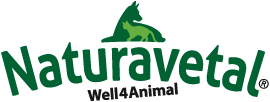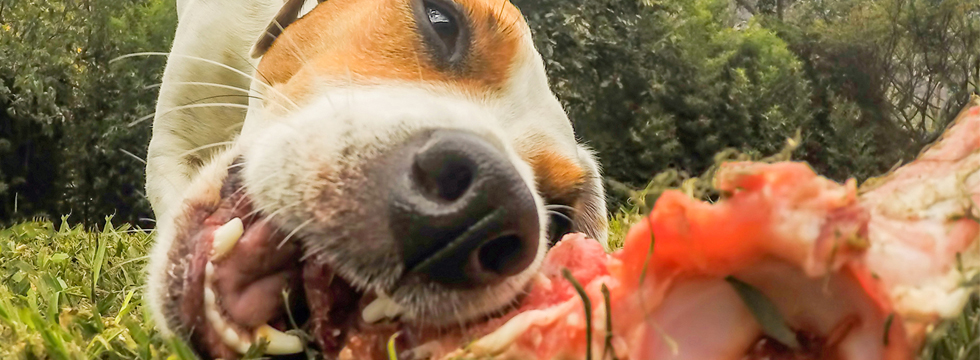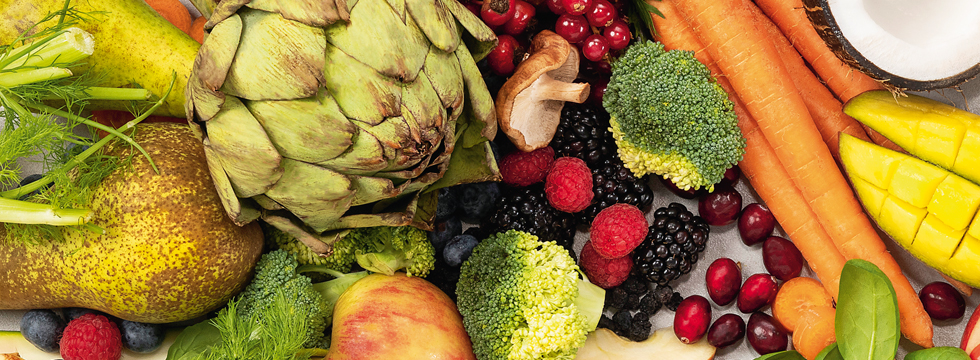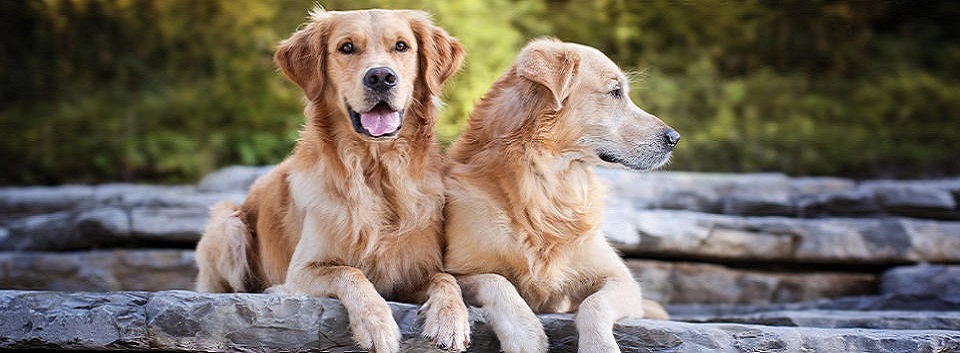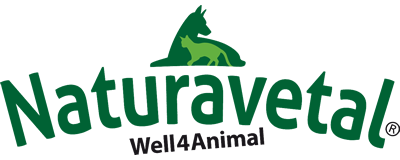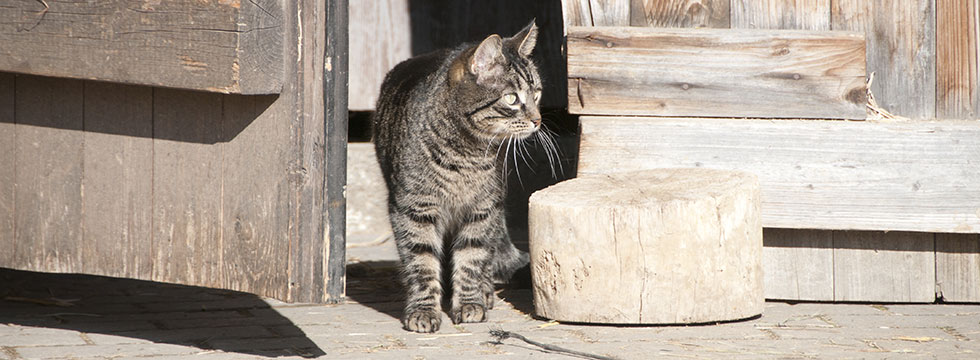
Feeding tips after neutering
It is often said that one should alter the diet after neutering, because neutered animals tend to become fat. After neutering, many dog and cat owners are faced with the question of what they will feed their pets from now on. A reduced-fat diet, a protein reduced or simply grain-free diet? It is also assumed that every castrated dog or tom and every neutered bitch or cat is still the same and therefore has to have the same needs as before. The nature of the animal, its age or living conditions, daily workload, training or dog training or the animal highly active or a couch potato. In general, each of these animals will end up receiving a reduced-fat diet, mostly mixed with synthetic additives and other inferior raw materials, regardless of whether they need it or not. It is true to say that an animal that has just undergone an operation and still recovering from it, usually has less energy. The dogs that are infirm or the cat does not roam outside for a while will need different energy requirements. Less movement/utilization also means less consumption. Here it can be useful in some cases to adjust the feeding.
Take into consideration that this animal is recovering, regenerating and using resources accordingly, it becomes clear that there is no universal regulation here and that it can even be bad for the animal when it is suddenly fed a different diet. Each case must be looked at individually and the feeding adapted to their needs. If the dog or cat accepts, you can feed it less. But if the animal takes off, it may need more food. Experience has shown that dogs and cats that eat Canis Plus dry food or Felins Plus dry food or the different meat variations need to eat less after a castration. A high-quality, species-appropriate and well-usable food consists of high-quality meat, optimally processed grains (or digestible substitute grains such as grass or buckwheat – see Canis Plus salmon or rabbit), valuable herbs and oils. These are free of weight-promoting, cheap fillers (such as feather, flour, claws, molasses, cereals, etc.) and unnecessary, synthetic additives.
In short: if a feed takes these positive features into consideration, it will not lead to the pet being overweight.
